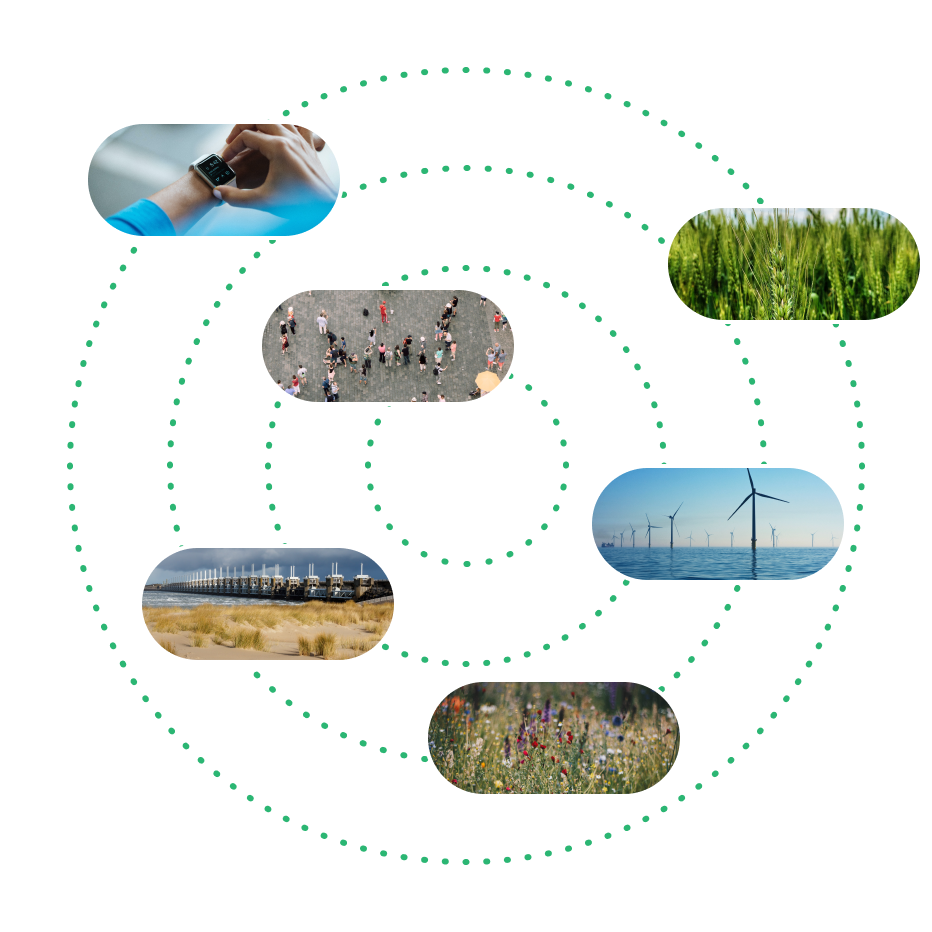More accurate climate simulations needed to support policymaking, say researchers

The ESM2025 project has collaborated on the publication of an important research paper involving 63 researchers across Europe and led by Professor Colin Jones from the National Centre for Atmospheric Science, University of Leeds, UK.
Published in Earth System Dynamics, Bringing it all together: science priorities for improved understanding of Earth system change and to support international climate policy outlines critical priorities for advancing Earth system modeling over the next decade. It also highlights how improved climate models can enhance scientific support for international climate policy, including upcoming IPCC assessments and the UNFCCC Global Stocktake.
Key highlights
- Priority areas for research: The paper identifies several key areas where the international climate research community must focus to improve understanding of Earth system changes. These include modeling pathways that meet Paris Agreement targets, assessing warming overshoots and running Earth oveshoot scenarios, among others.
- Improved modeling capabilities: Researchers emphasize the need for Earth system models to more accurately simulate historical climate records, extreme events and regional impacts.
- Support for policy: Enhanced process realism and integration across global and regional models are essential for delivering robust projections on which to base climate policy such as future IPCC assessments and the UNFCCC Global Stocktake. By advancing Earth system modeling, the research community can provide actionable insights for policymakers. This includes guidance on emissions scenarios, adaptation strategies and safe pathways to limit global warming.
- Need for research infrastructure: The new models, simulations, data and scientific advances proposed will require the creation and maintenance of a strong, globally connected infrastructure ecosystem that is accessible and useable by international modelling communities.
This paper represents a vital step toward aligning climate science with policy needs based on consensus among the research community. By addressing these priorities, researchers can deliver improved tools and knowledge to support effective decision-making on global climate challenges, and policymakers can access more accurate insights for decision-making.
To delve deeper into the findings and their implications for global climate policy, read the paper.
About ESM2025
ESM2025 (Earth system models for the future) is an EU-funded research project on Earth System modelling that aims to create a new generation of Earth system models that support the development of mitigation and adaptation strategies in line with the Paris Agreement.
–
Disclaimer
Created with funding from the European Union. Views and opinions expressed are however those of the author(s) only and do not necessarily reflect those of the European Union or the granting authority. Neither the European Union nor the granting authority can be held responsible for them.
The information and documentation in this section are published with permission from their respective sources. While the MAIA Project strives to ensure the accuracy and completeness of the content, we make no guarantees or warranties of any kind, express or implied, about the validity, reliability, or accuracy of the information. The original sources are solely responsible for the content they provide. We disclaim any liability for any errors, omissions, or inaccuracies in the information and for any actions taken in reliance on the information contained on this website.

Comments
There is no content